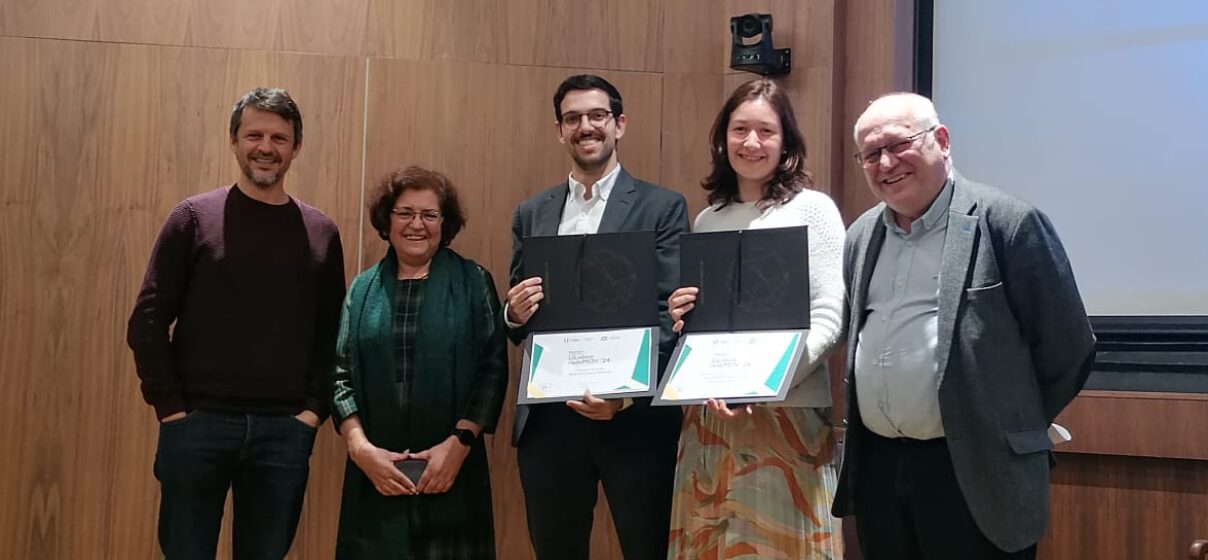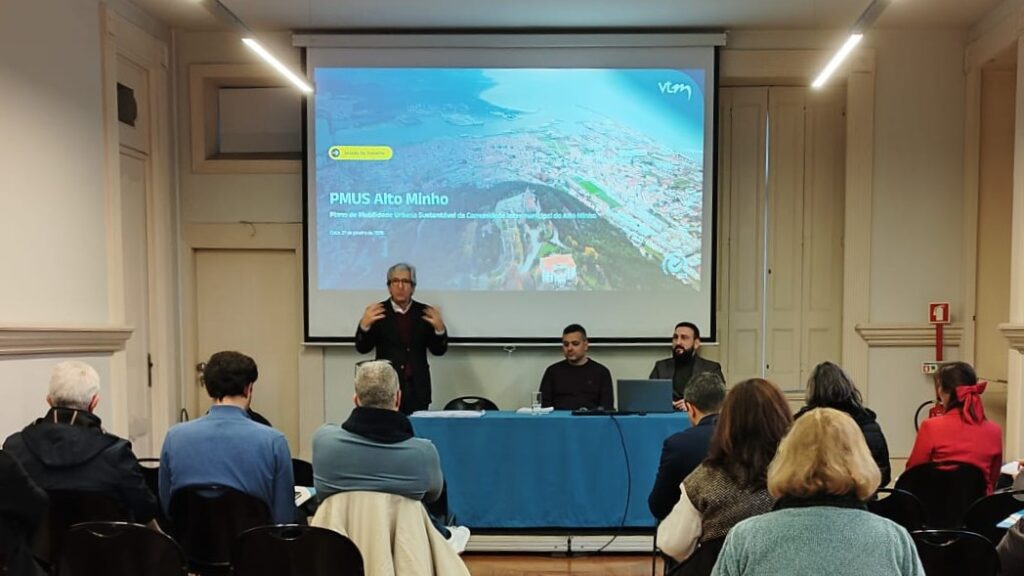Ana Martins awarded with the University of Lisbon’s Best PhD thesis prize

We are truly excited to announce the recent award received by our Senior Consultant, Ana Martins. This award, presented by the redeMOV, recognized Ana’s thesis as the Best PhD Thesis of the University of Lisbon in the field of Transports in 2023.
Ana explored the concept of a “peer-to-peer autonomous carsharing system”, which presents an opportunity to use private autonomous vehicles (AVs) as a shared fleet, thereby promoting sustainability within the transport system. This “Airbnb for autonomous vehicles”, a term coined by Professor Filipe Moura, her doctoral supervisor, can be described as follows: an individual purchases an autonomous vehicle and uses it for daily commutes; during the time the vehicle would normally be parked, it becomes active and operates like an Uber, transporting passengers throughout the city without a driver.
To assess this concept, a business model was developed that identified the value of the solution for the market. The solution was also explored from an operational perspective, where an agent-based model was created for the Lisbon Metropolitan Area. The solution focuses on addressing urban mobility needs, delivering benefits to users, and increasing the use of vehicles with passengers, while tackling environmental challenges.
With this solution, the daily usage rate of a private vehicle can increase from 5% to 54%. Furthermore, with just 0.3% of the current private vehicle fleet in Lisbon, it is possible to meet 2% of the mobility needs within the city, ensuring a high level of service.
Congratulations to Ana on this well-deserved award!
VTM now has two PhDs on its team and is on track to adding a third. The company takes pride in a team with exceptional analytical skills, critical thinking, and a comprehensive understanding of the transport system, enabling it to deliver distinctive solutions to the market.
Get full access to Ana’s thesis here.
Latest news
All news
Collaborative mobility planning takes a major step forward in Alto Minho
This week, Ponte de Lima hosted an important milestone for sustainable mobility in the Alto Minho region, with the working sessions of the 2nd-generation Sustainable Urban Mobility Plan of Alto Minho (SUMP Alto Minho), promoted by CIM Alto Minho. At VTM, we are proud to support CIM Alto Minho in the development of a new-generation […]

VTM welcomes Oriol Riba and Alessandra Bernardi
VTM is pleased to announce the addition of two highly experienced professionals, Oriol Riba and Alessandra Bernardi, further strengthening our capabilities across infrastructure advisory and transport modelling. Oriol Riba joins VTM as a Senior Associate Director with more than fourteen years of experience in the infrastructure sector, with a strong focus on transport and additional exposure to energy […]
